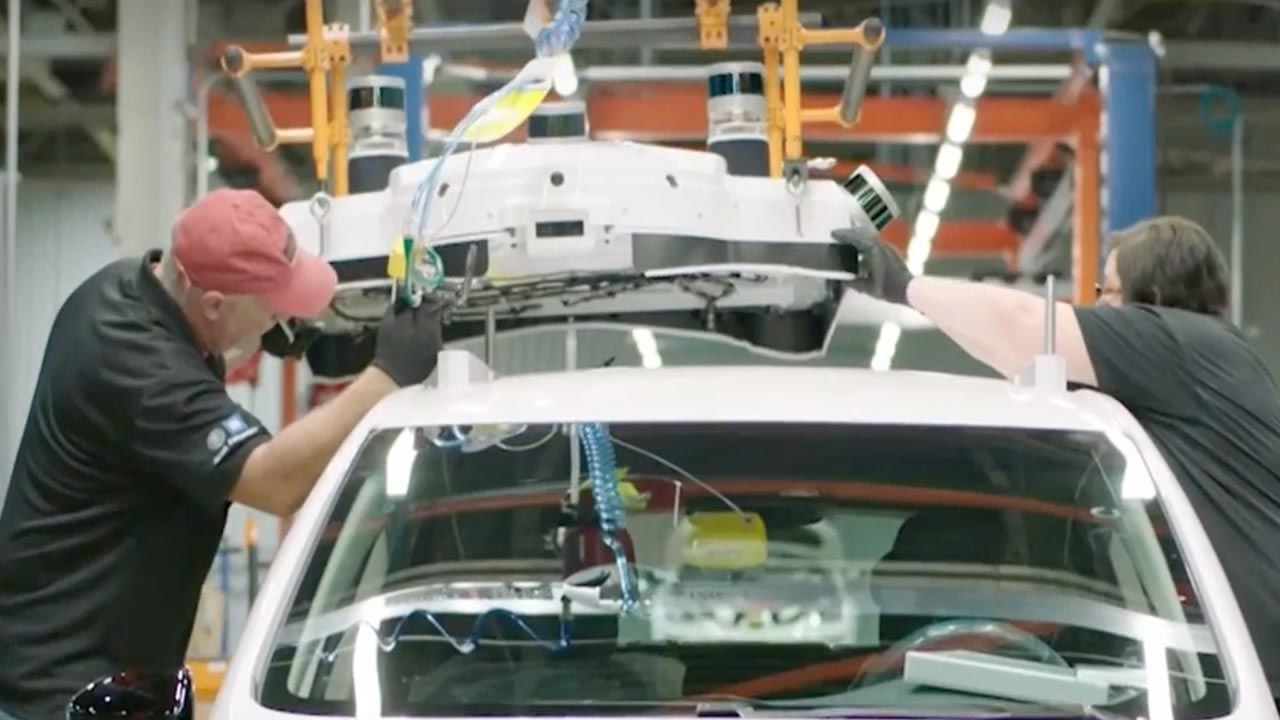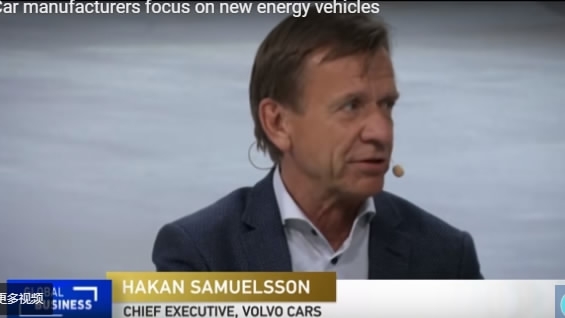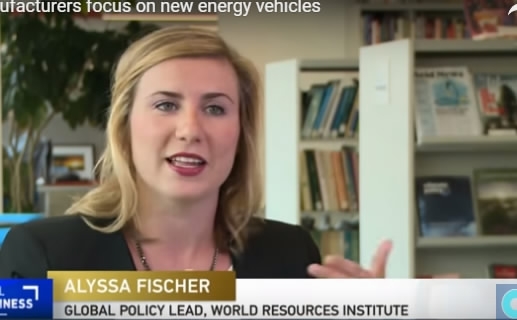
Business
10:24, 27-Jul-2017
Volvo comments to release all cars after 2019 to be electric vehicles

By CGTN’s Daniel Ryntjes
Two decades ago the shift towards so-called new energy vehicles would have been considered science fiction.
During the early development years at the Highland Industrial Center in Michigan, workers were making the first mass market affordable car constructed using a system of ropes and winches to pull the Model-T past 140 workers, bringing the assembly time down from 12 1/2 hours down to 93 minutes. This movement sparked a technological and social revolution.
Today, Volvo said it’s committing to the next exponential leap, moving away from the internal combustion engine.
“We are making a strategic change in the future of our development,” Volvo CEO Hakan Samuelsson said. “All cars released to the market after 2019 will be electrified. ”

CGTN Photo
CGTN Photo
Volvo’s journey toward electrification has become more viable because it’s parent company, the Chinese firm Geely, is a battery maker.
The market for electric vehicles was previously the domain of those willing to pay a premium for vehicles either with environmental credentials or in the case of Tesla because of the high performance of a luxury brand. Now Tesla has launched it’s much more affordable Model 3, its first mass-production vehicle.
Some are convinced that the era of the electric car has come.
“People are clearly into the idea of electric vehicles where they weren’t maybe ten or fifteen years ago”, Alyssa Fischer, Global Policy Lead at World Resources Institute says.

CGTN Photo
CGTN Photo
“It’s lost a lot of that stigma that it used to have. And I think companies realize that getting ahead of this curve they can become the shapers of the space. ”
Audi is planning an all-electric SUV with a 300-mile range for 2018, while BMW plans to introduce an electric version of its popular 3 series this September.
General Motors plans to launch 10 electric and gasoline-electric hybrid vehicles in China by 2020 to compete with other Chinese manufacturers making similar moves, like BYD and SAIC.
Technology companies like Apple and Google’s Waymo brand are also moving into the space, by leveraging expertise in developing self-driving technologies.
Given the pressures on our urban environments as populations grow and more people enter the middle class, companies are also planning for a future where vehicles are increasingly shared and ordered using mobile apps.
Manufacturers are also spurred on by government commitments in countries like Norway, France and China and the United States, pressing ahead with higher environmental standards and new incentives to signal that they too are fully on board the car of the future.

SITEMAP
Copyright © 2018 CGTN. Beijing ICP prepared NO.16065310-3
Copyright © 2018 CGTN. Beijing ICP prepared NO.16065310-3